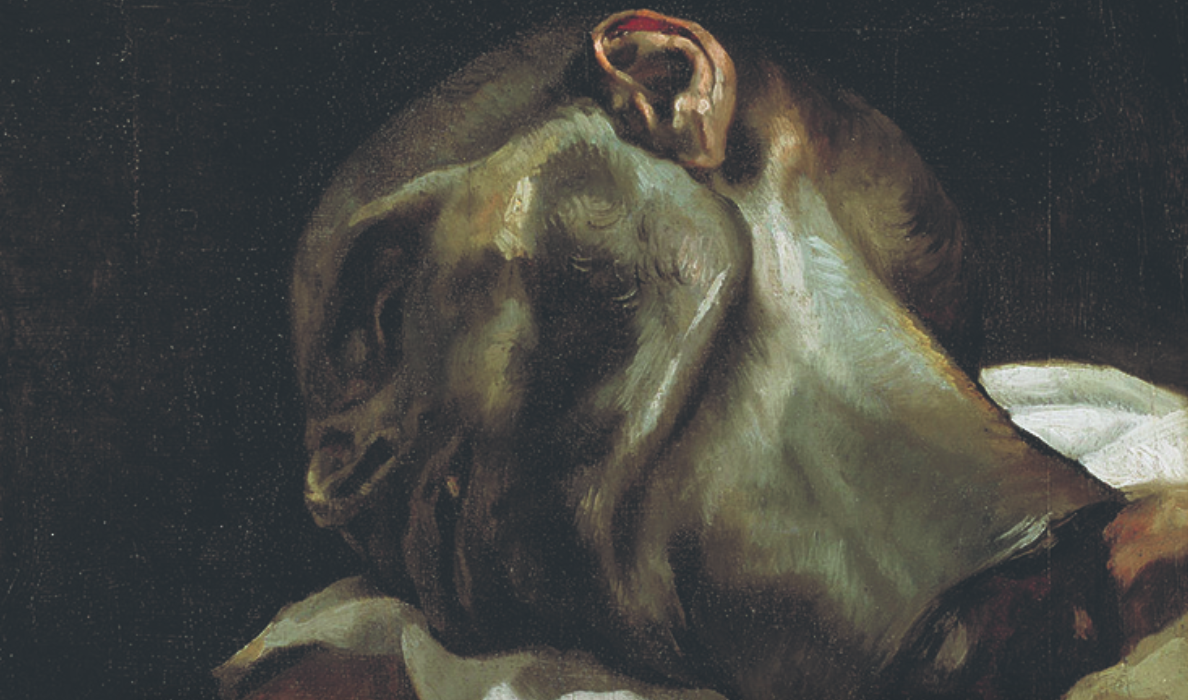Review
Camus and the guillotine: ‘The dead judge us and we must remain silent’
In his essay against the death penalty, Albert Camus likens capital punishment to “a crude surgery practiced under conditions that leave nothing edifying about it.” Yet he was not dogmatic in his opposition.

“The disease of Europe is to believe in nothing and to claim to know everything,” wrote Albert Camus (1913-1960) prophetically in his essay “Reflections on the Guillotine,” which had a complex publication history.
Manès Sperber, a friend of Malraux, had decided to have the book Reflections on Hanging (1955), a collection of the writings of Arthur Koestler published in the Observer on the topic of the death penalty, translated into French, and asked Camus to write a text to accompany it. Composed at the beginning of 1957, his essay appeared in the June and July issues of the Nouvelle Revue Française, and then, in the same year, was included in a volume by Calmann-Lévy under the title Réflections sur la peine capitale (“Reflections on the Death Penalty”).
Beside the essay by Camus and the partial translation of Koestler’s texts, this volume included an investigation on the death penalty in France edited by Jean-Michel Bloch, who also wrote a short preface. Now, Edizioni Medusa are commendably reprinting Camus’ essay in Italian under the title La ghigliottina: Riflessioni sulla pena di morte (“The Guillotine: Reflections on the Death Penalty,” 108 pages, €13), in the qualitative Italian translation by Maria Lilith prepared for Longanesi in 1958, appropriately revised by Alfredo Rovatti and preceded by a foreword by Riccardo De Benedetti. (A full version of the original collection was published under the title The Death Penalty by Newton Compton in 1972, and another translation of Camus’ text was reprinted in 1993 by SE as Reflections on the Death Penalty).
The issue which Camus addresses in the essay is today as timely as ever, and he calls on everything from autobiographical observations (his father had witnessed an execution and was strongly marked by it) to speculations of a socio-political nature, in accordance with which he takes a personal stand against the death sentence passed on Brasillach, who had replaced Jean Paulhan at the helm of the Nouvelle Revue Française during the Vichy regime and was accused of collaborating with it.
“Without the death penalty, Gabriel Péri and Brasillach would perhaps be among us still,” Camus wrote. “We could then judge them, according to our lights, and proudly speak out our judgment, instead of which they now judge us, and it is we who must remain silent.” Thus, the execution assumes an inverted relationship between the condemned and the judges, wherein the former is likely to embody the role of a sacrificial victim, leading to the situation that “a law is applied without being thought out and the condemned die in the name of a theory in which the executioners do not believe.”
Camus argues for the futility of the power of “intimidation” of such brutal proceedings, reporting a number of eyewitness testimonies that could be collected in a modern gallery of horrors. Starting from the Biblical law of “an eye for an eye” and touching on the arguments of Cesare Beccaria, Camus says the condemned man becomes a kind of “parcel,” tossed from one cell to another before the execution and then exposed to public ridicule. Writing in a simple but effective style, which concedes nothing to demagoguery, the author of The Plague, who received a Nobel Prize in the same year 1957, likens the death penalty to “a crude surgery practiced under conditions that leave nothing edifying about it.”
”For years I have been unable to see anything in capital punishment but a penalty the imagination could not endure and a lazy disorder that my reason condemned,” writes Camus, remarking in addition that “for centuries crimes other than murder were punished with death, and the supreme punishment, repeated over and over again, did not do away with any of those crimes. For centuries now, those crimes have no longer been punished with death. Yet they have not increased; in fact, some of them have decreased.”
Following the example of his L’Homme Révolté (“The Rebel”), the title of his 1951 collection of essays which aims to describe the most courageous way of breaking free from the ideological dogmatism that raged at that time (“Since we no longer live the times of revolution, let us learn to live at least in the time of rebellion”), the thought of Camus could not shy away from addressing a thorny issue such as that of capital punishment. He always writes with an admirable independence of judgment and an impressive esprit de finesse that is free of any preconceived attitude.
“But, let me repeat, I do not believe, nonetheless, that there is no responsibility in this world and that we must give way to that modern tendency to absolve everything, victim and murderer, in the same confusion,” he writes. “Such purely sentimental confusion is made up of cowardice rather than of generosity and eventually justifies whatever is worst in this world. If you keep on excusing, you eventually give your blessing to the slave camp, to cowardly force, to organized executioners, to the cynicism of great political monsters; you finally hand over your brothers. This can be seen around us.“ Indeed, it can still be seen today, a half-century later.
Originally published at https://ilmanifesto.it/camus-e-il-carnefice-ghigliottinato-che-ci-giudica-dobbiamo-tacere/ on 2018-01-04
